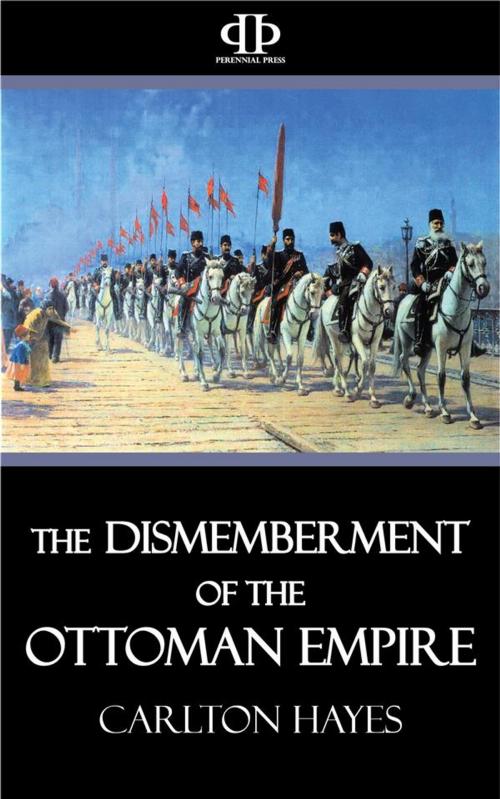| Author: | Carlton Hayes | ISBN: | 9781518364037 |
| Publisher: | Perennial Press | Publication: | January 8, 2016 |
| Imprint: | Language: | English |
| Author: | Carlton Hayes |
| ISBN: | 9781518364037 |
| Publisher: | Perennial Press |
| Publication: | January 8, 2016 |
| Imprint: | |
| Language: | English |
PRIOR to 1683 the advance of the Ottoman Turks had been pretty uniformly successful. In Asia they had established themselves as masters of Asia Minor, Armenia, Syria, Caucasia, the Euphrates valley, and the shore of the Red Sea. In Africa their conquering armies had appropriated Egypt, Tripoli, Tunis, and Algeria. In Europe they had subjugated the Tatars and Cossacks immediately north of the Black Sea; they had conquered the entire Balkan peninsula, including present-day Greece, Bulgaria, Rumania, Bessarabia, Bukowina, Transylvania, Hungary, Bosnia, Herzegovina, Serbia, Montenegro, and Albania; they had even exacted tribute from the Austrian Habsburgs; they had made the Black Sea, the Ægean, and the eastern Mediterranean their own, and occupied the islands of Cyprus, Crete, and Rhodes, as well as the smaller islands of the Ægean.
The immediate occasion of the reversal of Turkish fortunes was the counter success of the expedition led by John Sobieski, the patriot Polish king, which in 1683 relieved the beleaguered city of Vienna and turned back the tide of Turkish conquest. But the real cause of subsequent Ottoman disasters was the decay of political institutions within the huge empire and the growing weakness of the army. After 1683, as the Turkish tide gradually receded, there slowly reappeared in the Balkans independent Christian nations that had long lain submerged under Mohammedan dominion. There also appeared the rising ambitions and waxing empires of the Austrian Habsburgs and the Russian tsars. More and more wistfully both Austria and Russia looked southward, intent upon profiting by the decline of Turkish power. And thus the decline of Turkish power created an intense rivalry between two great Christian empires and complicated the international politics of Europe for many generations...
PRIOR to 1683 the advance of the Ottoman Turks had been pretty uniformly successful. In Asia they had established themselves as masters of Asia Minor, Armenia, Syria, Caucasia, the Euphrates valley, and the shore of the Red Sea. In Africa their conquering armies had appropriated Egypt, Tripoli, Tunis, and Algeria. In Europe they had subjugated the Tatars and Cossacks immediately north of the Black Sea; they had conquered the entire Balkan peninsula, including present-day Greece, Bulgaria, Rumania, Bessarabia, Bukowina, Transylvania, Hungary, Bosnia, Herzegovina, Serbia, Montenegro, and Albania; they had even exacted tribute from the Austrian Habsburgs; they had made the Black Sea, the Ægean, and the eastern Mediterranean their own, and occupied the islands of Cyprus, Crete, and Rhodes, as well as the smaller islands of the Ægean.
The immediate occasion of the reversal of Turkish fortunes was the counter success of the expedition led by John Sobieski, the patriot Polish king, which in 1683 relieved the beleaguered city of Vienna and turned back the tide of Turkish conquest. But the real cause of subsequent Ottoman disasters was the decay of political institutions within the huge empire and the growing weakness of the army. After 1683, as the Turkish tide gradually receded, there slowly reappeared in the Balkans independent Christian nations that had long lain submerged under Mohammedan dominion. There also appeared the rising ambitions and waxing empires of the Austrian Habsburgs and the Russian tsars. More and more wistfully both Austria and Russia looked southward, intent upon profiting by the decline of Turkish power. And thus the decline of Turkish power created an intense rivalry between two great Christian empires and complicated the international politics of Europe for many generations...















